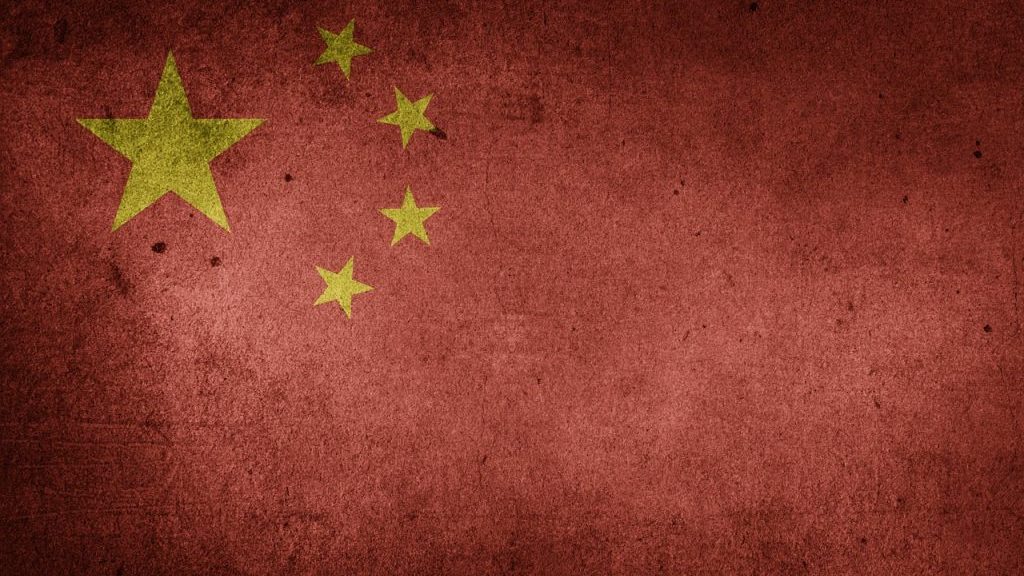In 2019, the World Bank said that the Belt and Road Initiative connects far-reaching rural regions in the global south with economic opportunities and cheaper goods.
Yet an analysis by the Munk School of Global Affairs and Public Policy notes that this praise often comes from autocratic countries that are pursuing projects Western financiers have deemed too risky, particularly amid armed conflict in Myanmar and Pakistan.
Critics point to Sri Lanka, which took on large amounts of debt, especially from China. When it struggled to repay that debt, it ended up giving Beijing control of a strategic port in Colombo.
In the U.S., annual reports to Congress on U.S.-China Commercial Relations call out the initiative as destabilizing the world by compromising national sovereignty and expanding the use of surveillance technology.
Australia, a member of the Five Eyes intelligence alliance alongside Canada, kiboshed two BRI deals struck by one of its states in 2021, saying vaguely that they were “inconsistent with Australia’s foreign policy or adverse to our foreign relations.”
Italy and Albania once signed onto the BRI, but withdrew from the BRI last year, arguing it did not yield economic benefits.
The Canada West Foundation says the initiative is already affecting how Canadian companies and development projects operate in countries ranging from Indonesia to Nigeria.


Here is an alternative Piped link(s):
https://www.piped.video/watch?v=ljcVN8lWRl8
https://www.piped.video/watch?v=gJRJtCAnDlk
Piped is a privacy-respecting open-source alternative frontend to YouTube.
I’m open-source; check me out at GitHub.